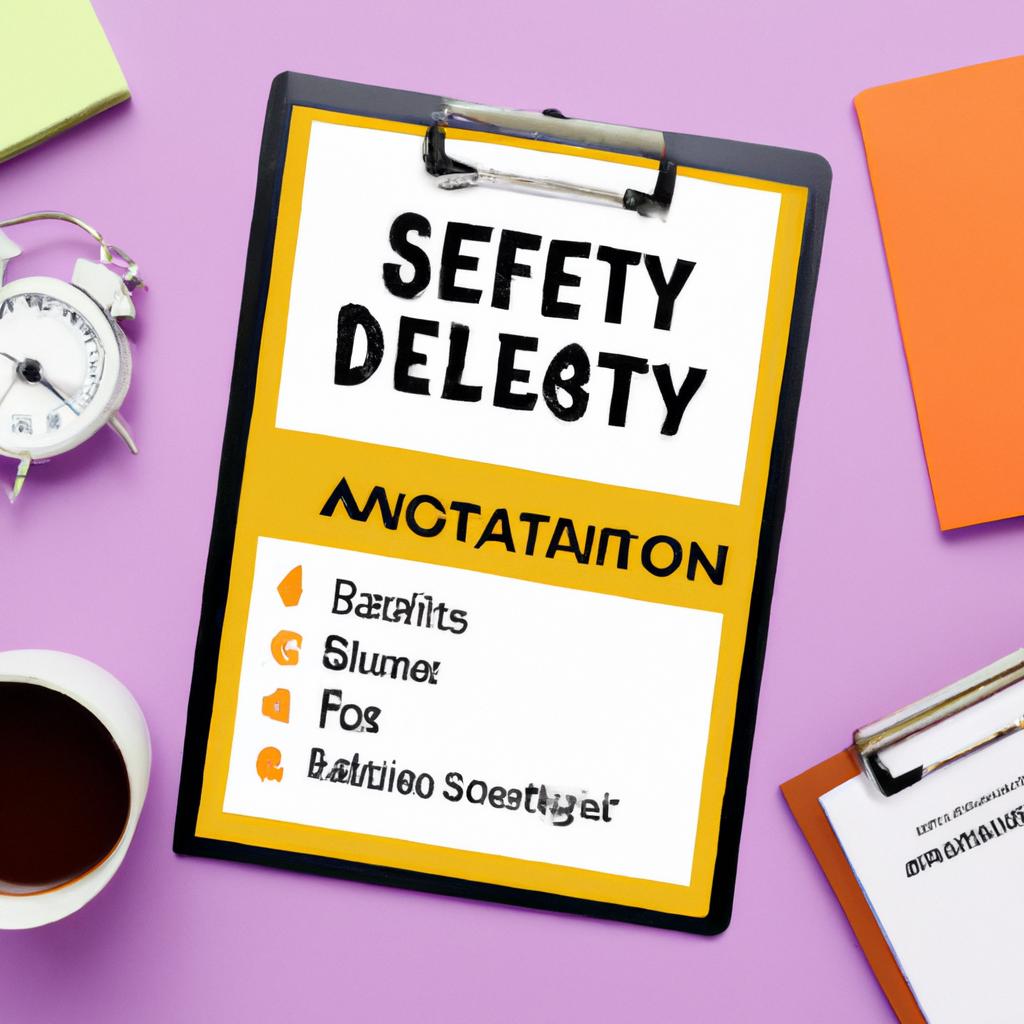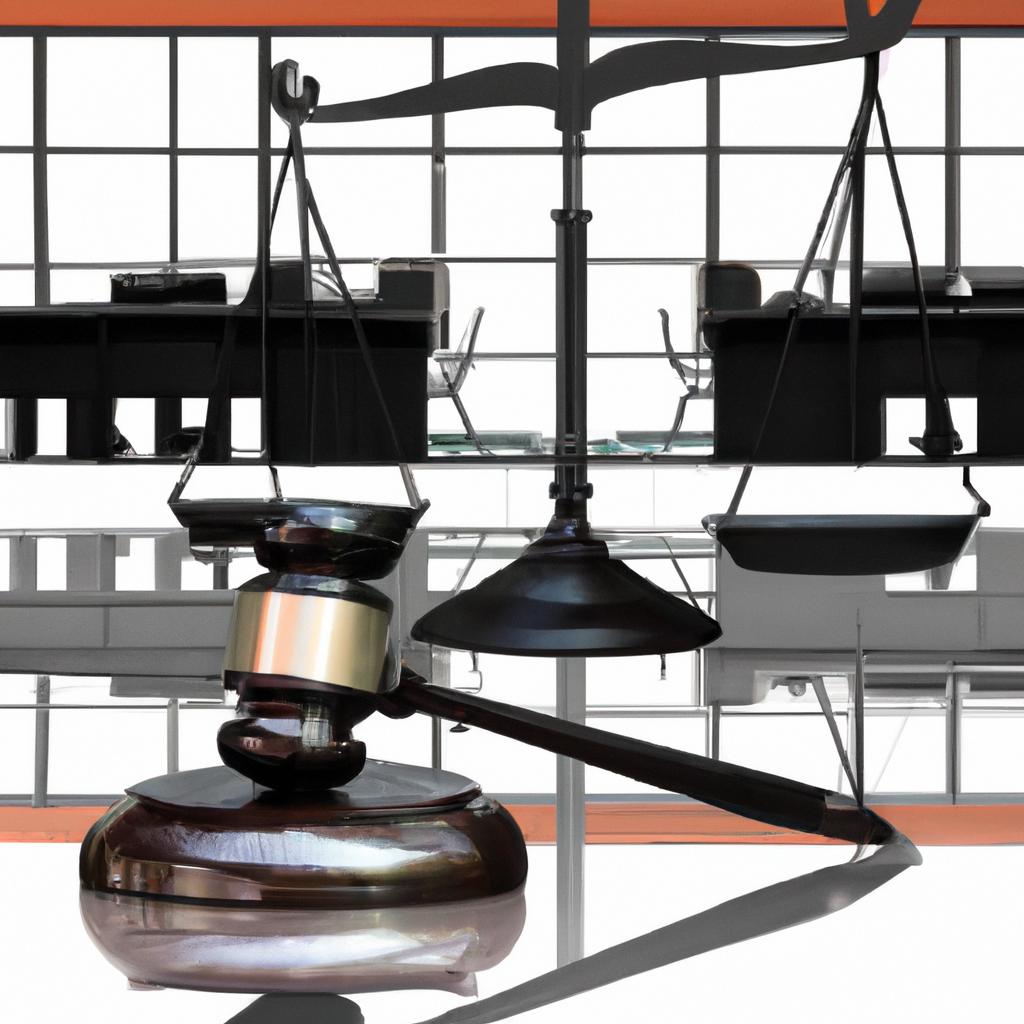In the complex world of estate planning and administration, the role of an executor is one charged with great responsibility and authority. As the individual entrusted with carrying out the wishes outlined in a last will and testament, the executor holds a significant position in the posthumous distribution of assets and management of the decedent’s affairs. Understanding the rights and obligations that come with this role is essential for ensuring a smooth and efficient probate process. In this article, we will delve into the specific rights granted to an executor of a will, shedding light on the legal powers and limitations that govern their actions. Join us as we explore the intricacies of executorship and provide insights for those navigating the complexities of estate administration.
Rights and Responsibilities of an Executor Under New York State Law
As an executor of a will in New York State, you are granted certain rights and responsibilities under the law. It is important to understand the scope of your duties and powers to ensure the proper administration of the estate. Here are some key rights that an executor possesses:
- Authority to Manage Assets: The executor has the legal authority to manage and distribute the assets of the estate according to the terms of the will.
- Access to Information: The executor is entitled to access all relevant information regarding the deceased person’s assets, debts, and liabilities.
- Legal Representation: The executor has the right to seek legal counsel to assist in the probate process and to ensure compliance with all legal requirements.
Moreover, as an executor, you have certain responsibilities that must be fulfilled in accordance with New York State law. These responsibilities include:
- Inventorying Assets: It is the executor’s duty to compile a detailed inventory of all assets and liabilities of the deceased person’s estate.
- Paying Debts and Taxes: The executor must settle any outstanding debts and pay taxes owed by the estate before distributing assets to beneficiaries.
- Communicating with Beneficiaries: The executor is responsible for keeping beneficiaries informed about the status of the estate and any relevant developments.

Key Powers Granted to an Executor in Administering the Decedent’s Estate
In the process of administering a decedent’s estate, the executor is granted key powers that enable them to effectively manage and distribute the assets according to the terms of the will. One of the primary rights of an executor is the authority to make decisions on behalf of the estate, including selling assets, paying debts, and distributing inheritances to beneficiaries. This role requires the executor to act in the best interests of the estate and its beneficiaries, ensuring that all legal requirements are met.
Moreover, the executor has the power to hire professionals, such as attorneys and accountants, to assist in the administration of the estate. This allows the executor to delegate certain tasks, such as preparing tax returns or appraising assets, to ensure that the estate is administered efficiently and accurately. Additionally, the executor has the authority to represent the estate in legal proceedings, such as disputes with creditors or beneficiaries, in order to protect the interests of the estate. By exercising these key powers, the executor plays a crucial role in the successful administration of the decedent’s estate.
| Key Powers | Description |
|---|---|
| Asset Management | The executor has the authority to sell assets, pay debts, and distribute inheritances. |
| Professional Hiring | The executor can hire attorneys and accountants to assist in the administration of the estate. |

Challenges Faced by Executors in Carrying Out Their Duties
An executor of a will holds a position of great responsibility and authority when it comes to carrying out the wishes of the deceased. However, this role is not without its challenges. Executors often face various obstacles in fulfilling their duties, which can range from legal complications to interpersonal conflicts among beneficiaries. Understanding the rights and powers granted to executors is crucial in navigating these challenges effectively.
One of the key rights that an executor of a will has is the authority to manage and distribute the assets of the estate according to the terms of the will. This includes selling property, paying off debts, and distributing inheritances to beneficiaries. Executors also have the right to access the deceased’s financial records and other important documents in order to properly administer the estate. Additionally, executors are entitled to receive compensation for their services, which is typically determined by state law or the terms of the will. It is important for executors to be aware of their rights and obligations in order to fulfill their duties in a timely and efficient manner.
Strategies for Executors to Fulfill Their Obligations Effectively
Under the laws of New York, an executor of a will has specific rights and responsibilities that must be adhered to in order to fulfill their duties effectively. One important right that an executor has is the right to manage and distribute the assets of the estate according to the terms laid out in the will. This includes identifying and valuing assets, paying off debts and taxes, and distributing the remaining assets to the beneficiaries. Executors also have the right to hire professionals, such as accountants or attorneys, to assist them in carrying out their duties.
Additionally, an executor has the right to receive reasonable compensation for their services. This compensation is typically determined by the court and is based on the size and complexity of the estate. Executors also have the right to seek reimbursement for any expenses incurred while carrying out their duties, such as court fees or legal expenses. It is important for executors to be aware of their rights and responsibilities in order to fulfill their obligations effectively and ensure that the wishes of the deceased are carried out in a timely and efficient manner.
Q&A
Q: What rights does an executor of a will have?
A: Executors have a range of important rights when it comes to carrying out the wishes of the deceased. These rights include the ability to manage assets, settle debts, and distribute inheritances.
Q: Can an executor make decisions on their own?
A: While executors have the authority to make decisions regarding the estate, it is important that they act in accordance with the laws and guidelines laid out in the will. Executors must act in the best interest of the estate and its beneficiaries.
Q: What if there is disagreement among beneficiaries?
A: If beneficiaries disagree with the decisions made by the executor, they have the right to contest the will in court. Executors must be prepared to handle any conflicts that may arise and ensure that the wishes of the deceased are carried out as intended.
Q: Are there any limitations to an executor’s rights?
A: Executors are bound by the terms of the will and must follow any specific instructions laid out by the deceased. They also have a legal obligation to act prudently, honestly, and in the best interest of the estate throughout the probate process.
Q: What happens if an executor abuses their power?
A: If an executor is found to be abusing their power or acting in a negligent manner, beneficiaries have the right to petition the court to have the executor removed. Executors must always act ethically and with the utmost integrity when fulfilling their duties.
To Conclude
In conclusion, being an executor of a will comes with great responsibility and authority. It is essential to understand the rights granted to you under the law and to fulfill your duties with integrity and diligence. By respecting the wishes of the deceased and carrying out the distribution of assets in a fair and transparent manner, you can honor their legacy and ensure that their final wishes are respected. Ultimately, being an executor of a will is a privilege that should be undertaken with care and respect.

